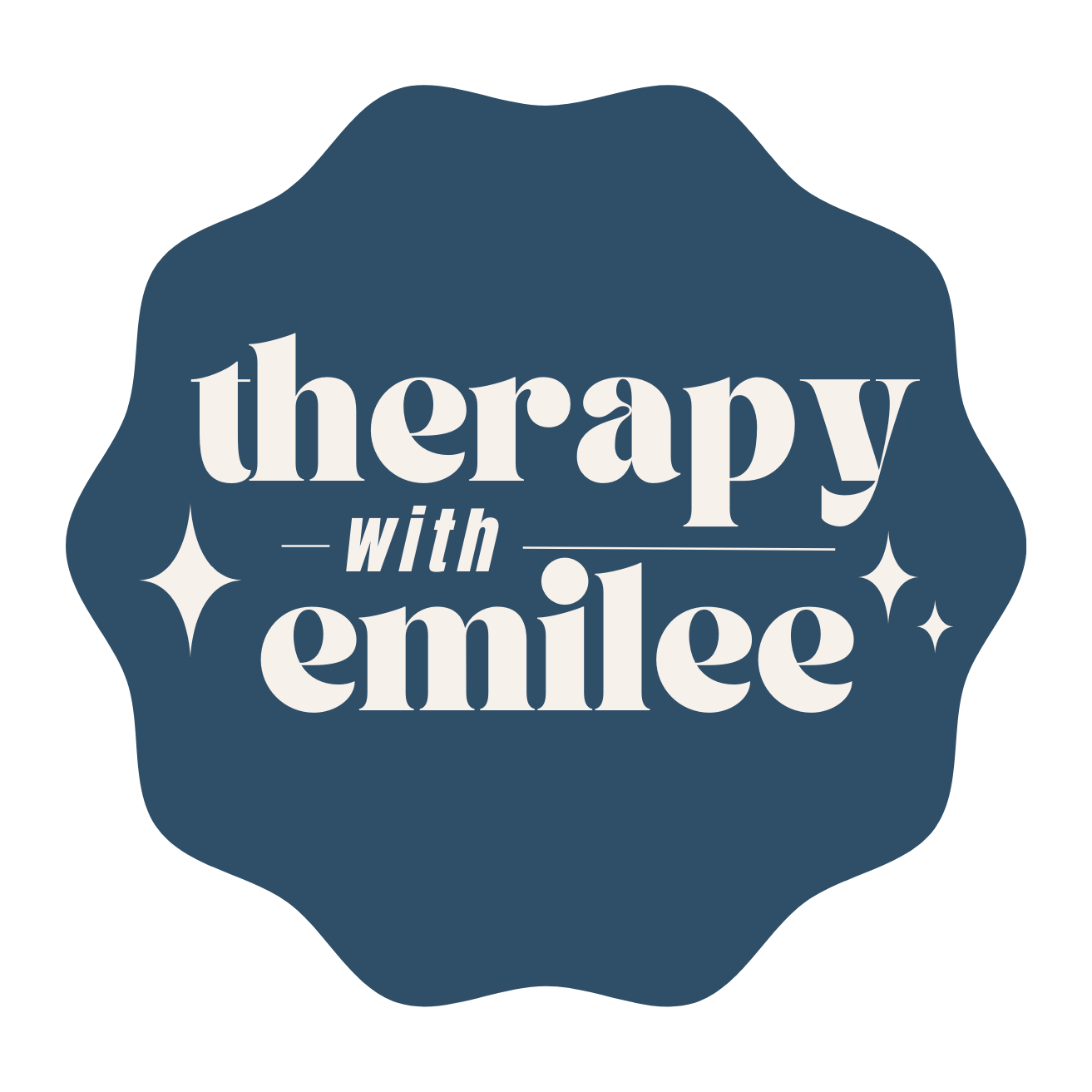blame vs. accountability
Often, as people-pleasers & codependents, it’s easy to blame ourselves for events or experiences. We believe we are responsible for others’ feelings or the outcome of situations, so when someone is not happy (even after we tried to boost their mood or assume what they needed) or there was an awkward experience, our fingers immediately point inward, towards ourselves.
It is extremely uncomfortable to even think about blaming someone else. It may even seem impossible, since it might not align with our core beliefs or conditions of worth we hold for ourselves. Those beliefs might sound like “I’m always wrong,” “I need to give others what they need in order to receive love,” or “I’m not worthy of unconditional love & acceptance”.
While we want to reach a place where we acknowledge we are not to blame for everything, we also don’t want to be pointing fingers at others, either. This isn’t because it’s unkind—it’s because it gives away our control. When we blame others, we are saying that the problem we have is because of what someone else did to us. It keeps us in a codependent pattern, unable to take back our own power & claim the control we have in our own lives.
On the other hand, accountability is a way to acknowledge what happened and who is responsible. It places responsibility on those who caused harm (whether they meant to or not) and acknowledges that consequences follow actions. It also allows us to keep our power and decide what we want to do about what we have control over, including our actions and our own healing. We remove the codependent patterns, or the dependence on others’ actions.
This applies just as much to blaming ourselves. When we blame ourselves for the outcome of a situation, we are ignoring the capabilities that others have. We are taking a lot of power and control that isn’t all ours by claiming that we are at fault. Instead, when we acknowledge our part in a situation—by taking accountability—we can also see that we are not responsible for things that are not in our control, including others’ feelings or the outcome of an experience.
Pia Mellody distinguishes between blame and accountability in her book “Facing Codependence” and the accompanying workbook, “Breaking Free”.

